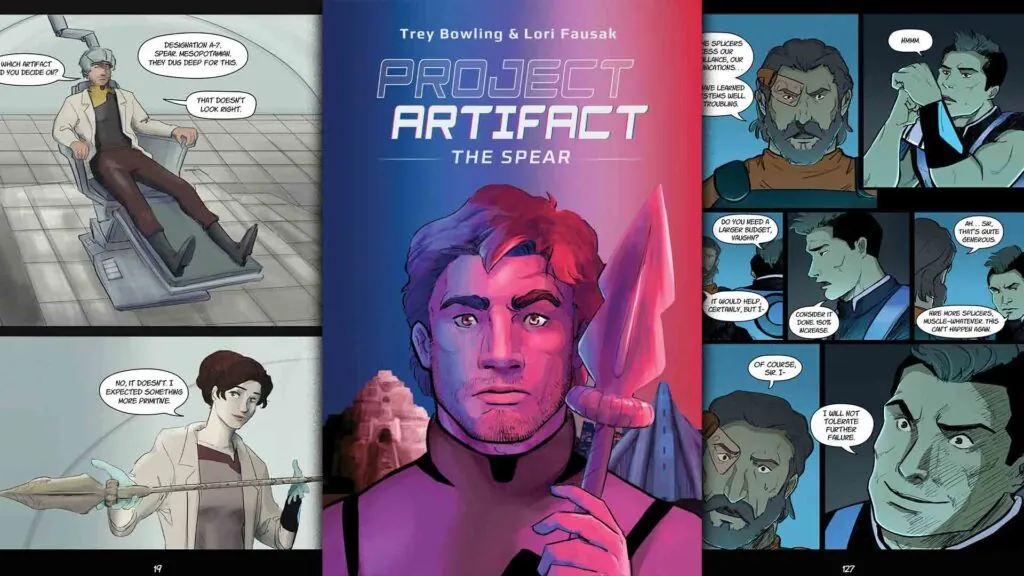Editor’s note: the short pro-life film Crescendo is very well done – it is compelling, emotional, and has wonderful musical accompaniment. It’s very clear why it has won so many awards. But this pro-life film is also notable for what it is missing, or, rather, what it gets wrong. As Rob Slane explains below, while the argument in the film is a common one in pro-life circles, it is a message completely at odds with the truth.
*****
Have you ever heard the Beethoven argument against abortion? It runs something like this:
“If you knew a woman who was pregnant, who had 8 kids already – three who were deaf, two who were blind and one who was mentally retarded – and she had syphilis, would you recommend that she have an abortion? You would? Well congratulations – you just killed Beethoven!”
I have heard this argument used many times as an argument against abortion and I must say it tends to leaves me with a thoroughly unappealing taste in my mouth. The problem with it is that in trying to establish the dignity of human life by using the idea that you might end up killing a genius if you abort babies, the argument ironically ends up completely undermining the dignity of human life.
That’s not what we believe
The reasoning behind this little nugget is that by killing the unborn, you might just kill someone who, had you let them live, would have been great and who may have possibly brought great joy and happiness to millions. But the subtle subtext behind this argument is that the value of human life can be measured by success, or accomplishments, or by a person’s genius.
This contradicts the whole pro-life argument, which is based on the principle that all human life is special and of great value, not because of what a person may or may not do, but rather because each person is made in the image of God and so is automatically sacred – irrespective of future accomplishments and successes.
Human dignity does not come from us. Ours is an objective dignity, given to us by our Creator and not by ourselves. It is not earned on the basis of what we do or by what we achieve, and it cannot be forfeited by reason of our sin. It is true that we often appear to do all we can to forfeit this dignity by our sinful nature and behavior, yet no amount of sin can alter our status as bearers of the Imago Dei, so we remain the possessors of great value. All sin does is to highlight how far we fail to live up to the dignity that God has given us.
The proper perspective
Having said this, I don’t think we ought to abandon this line of reasoning completely. With a little tweaking and tinkering here and there, it could be used to good effect. Something like this:
“If you knew a woman who was pregnant, who had 8 kids already, three who were deaf, two who were blind, one who was mentally retarded, and she had syphilis, would you recommend that she have an abortion? You would? Well congratulations – you just killed Mrs. Dorothy Anne Tweed of 55 Jameson Street, Edinburgh, Scotland.
“What? You’ve never heard of Mrs. Tweed? Did you expect to hear that a somebody had been killed off, rather than this nobody? Maybe Beethoven or Einstein, for instance? Well sorry to disappoint you. I have to admit that Mrs. Tweed’s resume doesn’t look quite as impressive as Ludwig’s. No choral symphonies to be found! No string quartets! No fate knocking at the door at the start of an awesome fifth symphony!
“Yet despite not being one of the greatest geniuses the world has ever known and despite her clear lack of musical accomplishments, I am confident that Mrs. Tweed is as fully human as Ludwig ever was and has as much right to life as Ludwig ever did.
“So tell me – would you consign her, along with millions of others just like her, to death just because they aren’t Beethoven?”
Rob Slane is the author of “A Christian & an Unbeliever Discuss: Life, the Universe & Everything” which is available at Amazon.ca here and Amazon.com here.











